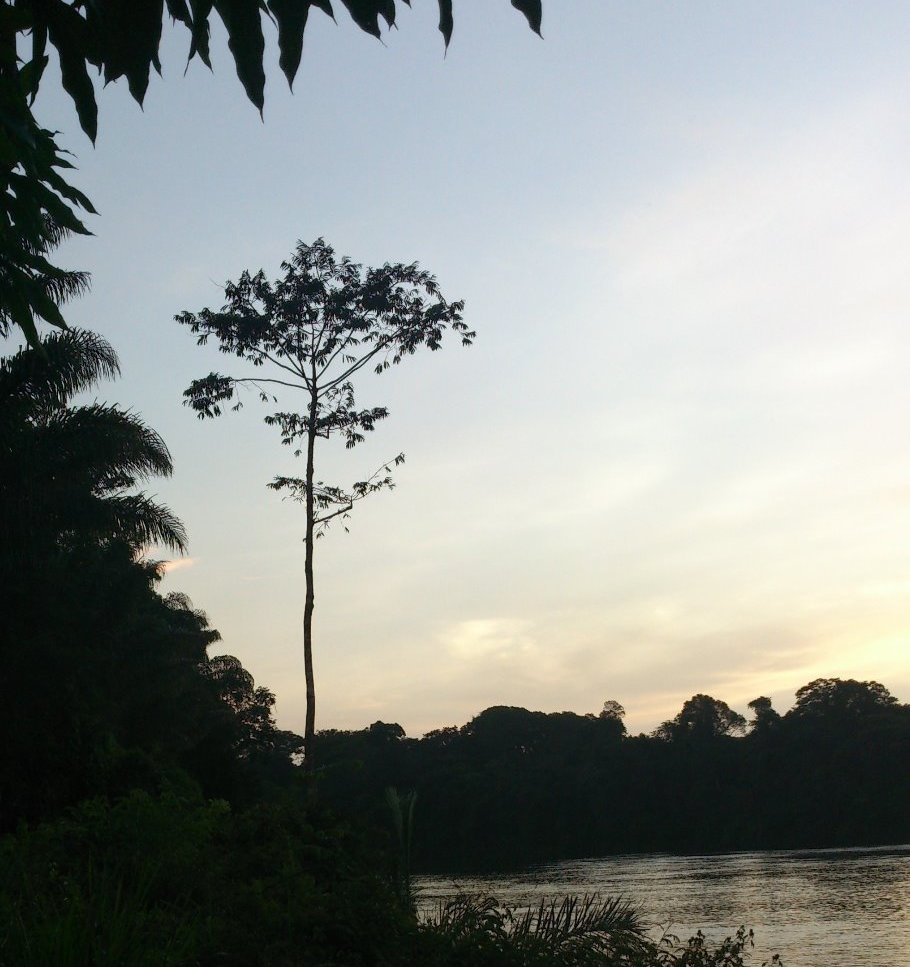Adoption of the Joint Declaration
February 14, 2019 The President of Suriname declared the adoption of the document known as the “Krutu of Paramaribo Joint Declaration”. This followed two days of presentations and appeals from delegations representing international organizations, civil society groups both local to Suriname and international, and official delegations of HFLD nations and other nations concerned for the protection of forests.
Krutu—an indigenous Surinamese word—means a gathering of significance or a gathering of high dignitaries, resulting in something that is workable.
Following the adoption, statements were made by delegations. Each delegation expressed its own reasons for attending this Krutu of Paramaribo, and for supporting the Joint Declaration. Country representatives shared the challenges their nations had experienced with existing methods of accessing climate finance.
All of the following countries expressed their commitment to work within the new grouping to support coordinated advocacy for improving access: Bahamas, Bhutan, Republic of Congo, Costa Rica, Democratic Republic of Congo, Fiji, Gabon, Ghana, Guyana, Malaysia, Nicaragua, Panama, Peru, Samoa, Sao Tome & Principe, Seychelles and Zambia.
The Krutu wishes to acknowledge the generous support and expressions of partnership received from the representatives of Canada, Finland, France on behalf of its highly forested department of French Guiana, and Norway; and of institutions including the Amazon Cooperation Treaty Organization (ACTO); la Commission des Forêts d'Afrique Centrale (COMIFAC); the United Nations Department of Economic and Social Affairs (UNDESA), the United Nations Development Programme (UNDP), the Food and Agriculture Organization (FAO), the World Bank, and the Inter American Development Bank. The UNDP was a central and critical partner in organizing and facilitating this historic conference. Their contribution is greatly appreciated!
Message from the President of Suriname
"The adoption of this document is important to jointly continue our efforts and focus on practical results, as it enables us to increase our cooperation at relevant international and multilateral mechanisms. I look forward to a united voice and innovative models that will shape our mutual interests. Suriname is honored to have received the mandate to bring the HFLD developing countries’ effort to the international fora. We take this assignment very seriously and pledge our dedication."
You can read and download here the complete text of the closing remarks by His Excellency Desiré Bouterse on February 14, 2019.
Message of the First Lady of Suriname
"Today we recognize the global challenges linked to climate change and to persistent poverty in our countries especially the high forestation, low deforestation countries.
More frequent intense, and disastrous weather events can be expected. They all impact the base of our national development. This is emotionally heartbreaking for our vulnerable communities, our families, our women and children, our less fortunate, our indigenous communities.
The HFLD countries must mobilize their respective governments and their strategic partners to create a global consensus platform."
Read or download the complete text of the First Lady's message given on 13 February 2019.
What Are the Issues?

Why are the high-forestation/low-deforestation countries so concerned about climate finance?
The heart of the issue is that we believe the problems of climate should not be addressed solely with the tools of conventional 'finance'. Here is why: those countries where a high rate of forest cover has been maintained, tend NOT to be the countries responsible for generating the dangerous emissions which have brought the whole world to the brink of major climatic shifts.
Where high rates of intact forest remain in these countries, it is easily linked with the fact the countries have NOT pursued aggressive "economic development" agendas to extract and destroy natural resources. Yet they will still need to adapt to the changes caused by development in other countries, and this will cost money.
These countries and others like them, such as small-island developing states (SIDS) should not have to go into more debt in order to access support. They ask for the world to recognize that the last of earth's lungs should not be treated as another "monetizable asset" against which to borrow for their people's continued development. There has to be another way for the cost of pollution to be distributed.
Climate finance should not be just another lending product, adding to the liabilities of the HFLD countries' balance sheets.
